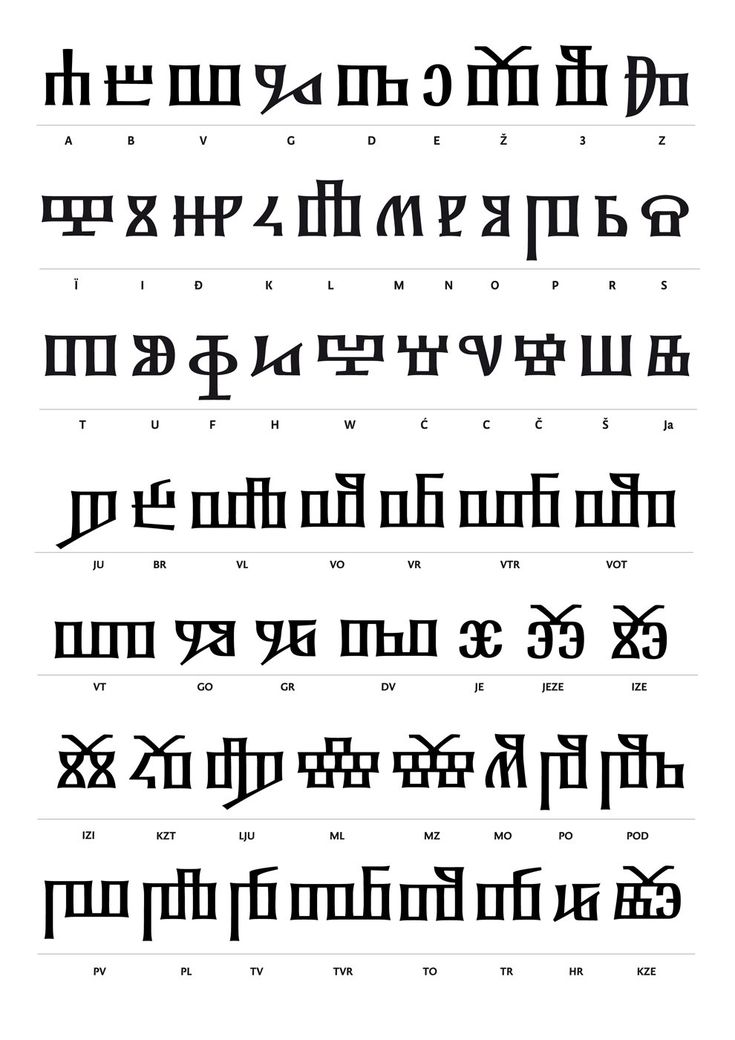
Eve
A generous art historian has introduced me to a painting by Joakim Skovgaard (1856-1933) of which you can here see a detail. It is at once faithfully Biblical and timelessly existential. It is Biblical in so far as it portrays the almost amicable conversation between Eve and the serpent as we find it related in Genesis 3. The tempter, in this account, gives no brusque commands to the woman. Instead he delicately subverts her perception, and so her judgement. He does this by gaining her attention and trust, speaking soft, flattering words. Often enough this is how temptation insinuates itself. It seems so innocuous, even somehow kind, surrounded (as the serpent in this canvas) by peacefully fluttering butterflies. So seductive can temptation’s voice be that we forget to look it in the face. Had Eve looked into her interlocutor’s eyes, would she have believed that his intention coincided with her flourishing?
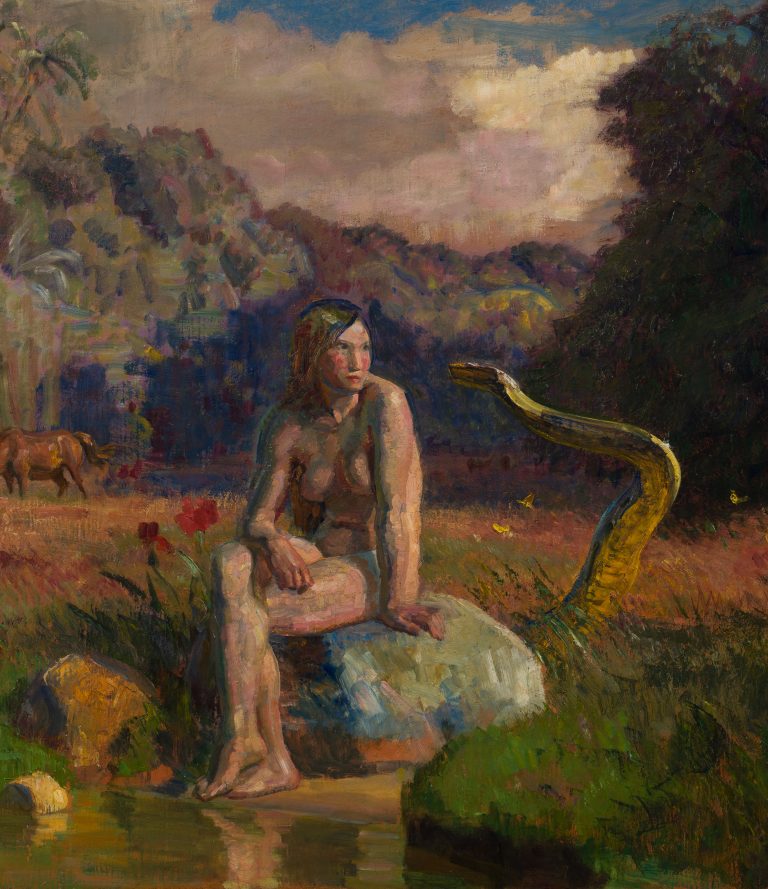
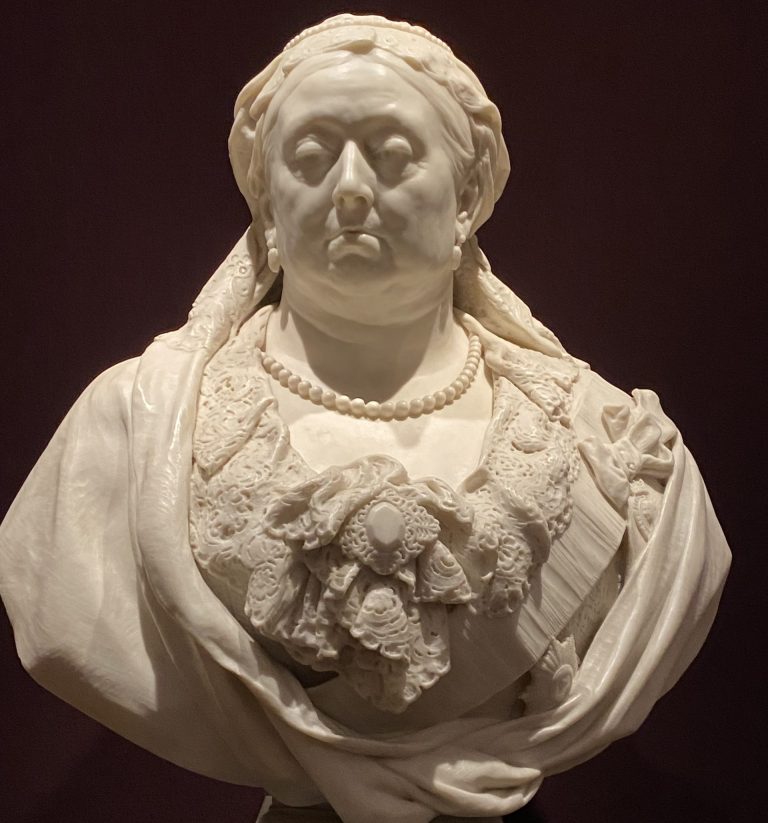
Shoddy History
We tend to assume it is AI that will corrupt our sense of historical processes and contingencies. The fear is not unfounded. But shoddy, biased scholarship also has much to answer for. I am shaken to read, in a single issue of the TLS, the accounts of two serious historians (Robert Tombs and Felipe Fernández-Armesto) denouncing the work of their colleagues as well below par, ‘so self-indulgent, so partisan, so ignorant, so poorly written and so carelessly checked’. Tombs analyses what he presents as a rough-shod ride over historical truths determinedly pursued by the Fitzwilliam Museum and the Church Commission; Fernández-Armesto reviews with exasperation (‘I opened the book expecting instruction and entertainment, I closed it in despair’) ‘A New History of the New World’. The latter remarks: ‘We should be wary of wallowing in self-righteous judgements of the past: they will be visited on us in return.’
A Single Melody
On a journey this afternoon, I found myself in an airport lounge listening with tears in my eyes to the pope’s homily from this morning’s Mass of Inauguration: ‘In this spirit of faith, the College of Cardinals came together for the Conclave; assembling from a variety of background stories, from different itineraries, we placed in God’s hands our desire to elect a new successor to Peter, a bishop of Rome, a pastor able to safeguard the rich patrimony of Christian faith while at the same time looking far ahead, so to go out and encounter the questions, anxieties, and challenges of today. Accompanied by your prayers we were sensitive to the work of the Holy Spirit, who managed to tune the diverse instruments of music so that the chords of our hearts vibrated with a single melody.’ He went on to summon us all from discord to concord. May we heed that call.
The full text of the Holy Father’s homily is here.
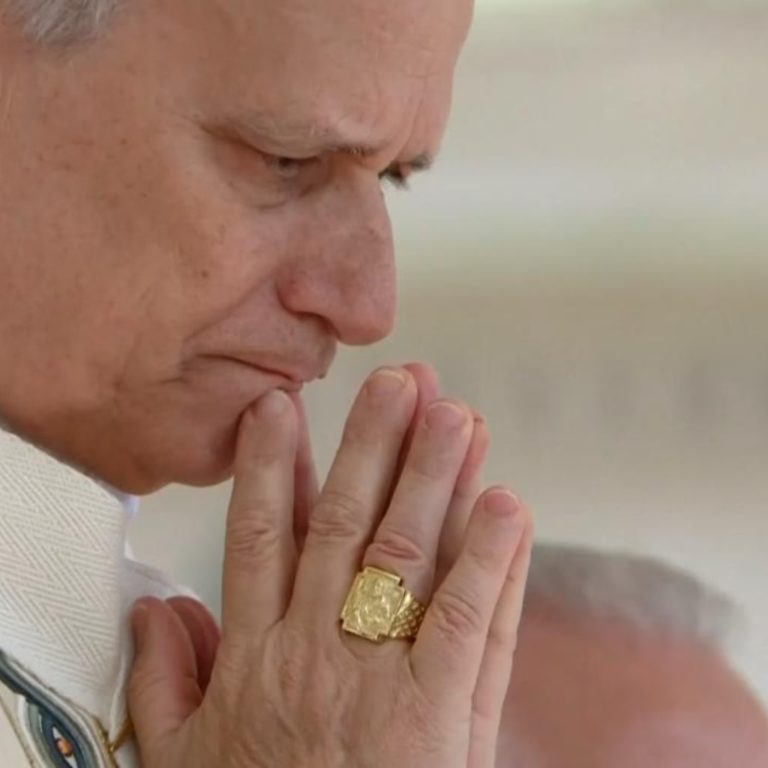
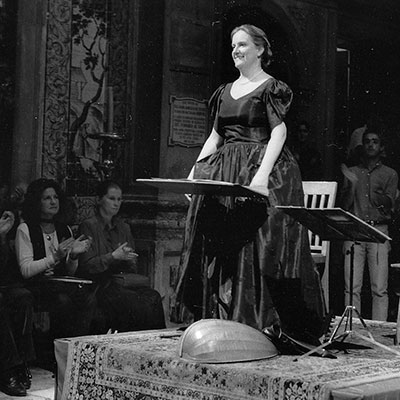
La Resurrezione
One of the joys of Eastertide is to listen to Handel’s oratorio La Resurrezione. It is a youthful work: the composer was 23 when it was first performed in Rome on Easter Sunday 1708, with an elite orchestra led by Corelli. As Graham Abbott has written, ‘It is in fact an unstaged opera on a religious subject, with a text by Carlo Sigismondo Capece, secretary to the Queen of Poland, who was exiled in Rome.’ Capece strikingly set the Christian drama with reference to both apocryphal and pagan traditions, showing forth Christ’s Easter victory as the culmination of even implicit hopes. This is a lovely recording. My favourite, though, is this, conducted by Minkowski, with Jennifer Smith singing gloriously in the role of Maria Maddalena.
Catholic
During the past eight days, attempts to predict what will be Pope Leo XIV’s priorities, method of government, and style have been legion. The lucidest, most helpful statement I have read so far appeared yesterday in an essay published by Daniel Capó in The Objective:
‘His own biography speaks to us, moreover, of a man who is truly Catholic in the sense of universal: North American and Peruvian, a scholar and a missionary, a mathematician and a canonist, a past superior of the Augustinian Order and a Vatican Prefect, a polyglot and a diplomat. Someone with this curriculum is unlikely to yield to the temptation of engaging in a culture war that is as divisive as it is, often enough, histrionic.’
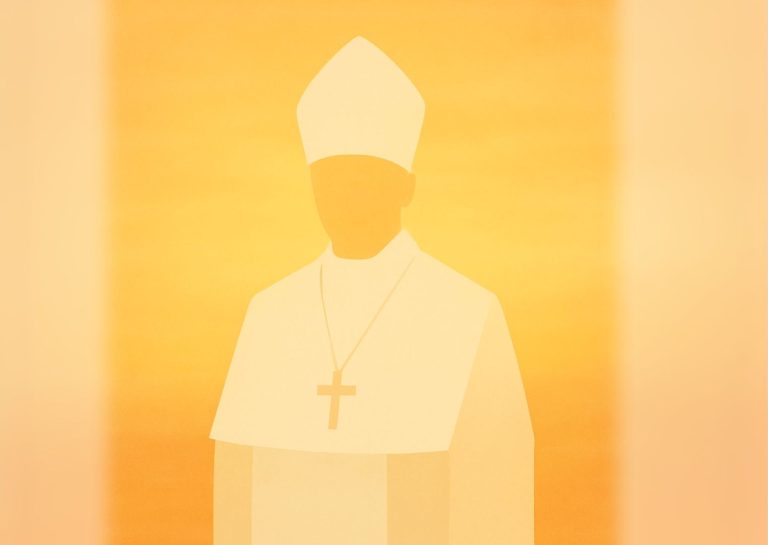
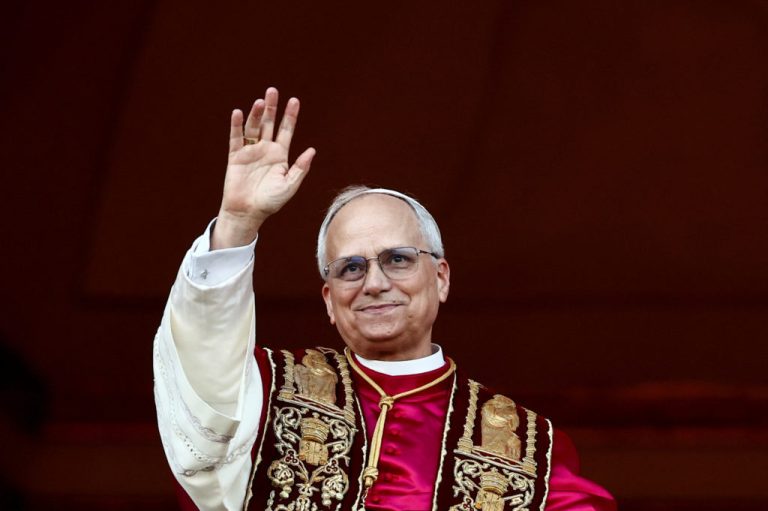
Leo XIV
‘I am’, said our Holy Father this evening, addressing us for the first time as pope, ‘a son of St Augustine’ — of Augustine, that supremely intelligent, compassionate, yet uncompromising prober of the human condition, who knew how to orient hearts and minds towards God in such a way that his words resound still with undiminished power. Prosper of Aquitaine held Augustine forth, too, as an example of those ‘strong figures who could tame the unjust powers of the world and protect otherwise helpless communities from the ravages of war’. As another such instance he cited Leo the Great, who turned Attila away from northern Italy in 452 relying ‘on the help of God, who one should know is never missing from the labours of the pious.’ Augustine and Leo, consummate theologians, men of prayer and courage, orderers of chaos, keen readers of the signs of the times: these are the patrons of a new papacy. Long life to Pope Leo XIV!
Interesting Report
A Review of evidence and best practice in the field of paediatric gender dysphoria published today chimes with a growing global consensus. It concludes: ‘A central theme of this Review is that many U.S. medical professionals and associations have fallen short of their duty to prioritize the health interests of young patients. First, there was a rapid expansion and implementation of a clinical protocol that lacked sufficient scientific and ethical justification. Second, when confronted with compelling evidence that this protocol did not deliver the health benefits it promised, and that other countries were changing their policies appropriately, U.S. medical professionals and associations failed to reconsider the “gender-affirming” approach. Third, conflicting evidence—evidence that challenged the foundational assumptions of the protocol and the professional standing of its advocates—was mischaracterized or insufficiently acknowledged. Finally, dissenting perspectives were marginalized, and those who voiced them were disparaged. While no clinician or medical association intends to fail their patients—particularly those who are most vulnerable—the preceding chapters demonstrate that this is precisely what has occurred.’ Cf. this statement from the Norwegian Council of Catholic Bishops produced in 2022.
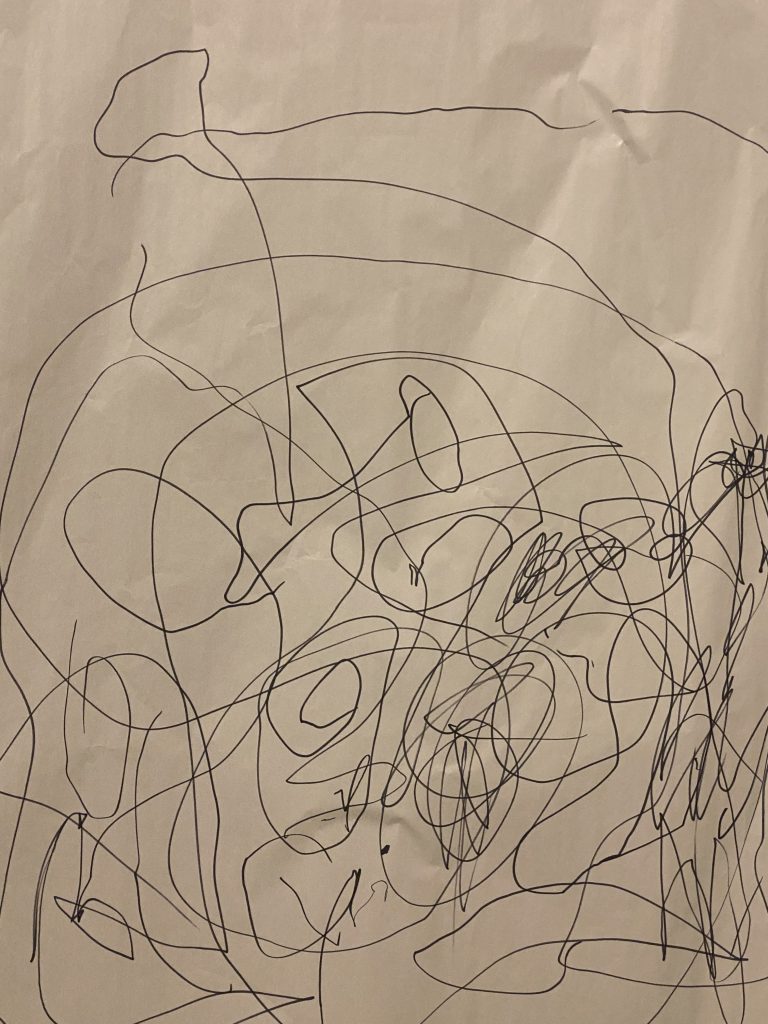
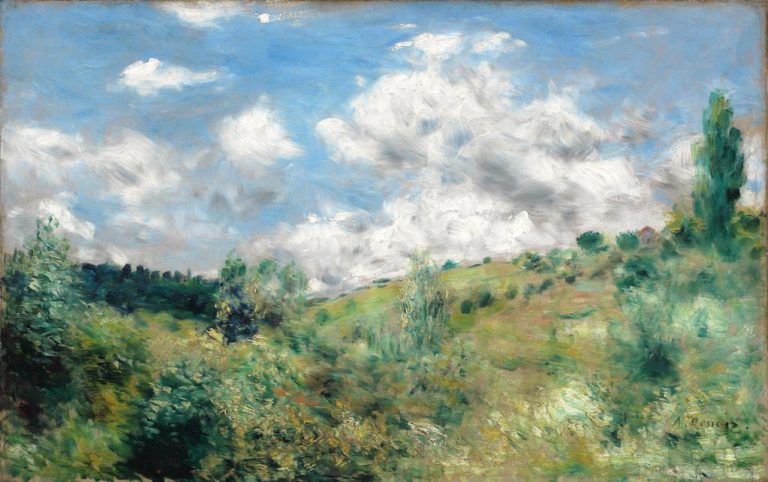
Brave the Weather
‘The wind blows where it wills, and you hear the sound of it, but you do not know whence it comes or whither it goes’ (Jn 3.8).
If you hear the wind, yet know neither whence it comes nor wither it goes, it’s because you have chosen to stay indoors behind double-glazed windows with your slippers and your cup of tea. In order to begin to live a spiritual life, we have quite simply to brave the weather.
The disciples first recognised Jesus as Son of God during a windstorm so mighty they were terrified (Mt 14.22-33). That is worth thinking about.
Gadflies
‘¡Todos, todos, todos!’ does correspond to divine intention. But we must freely choose to form part of this totality on Christ’s terms, to be where he, the origin of all things, is.
The Philosopher Socrates likened himself to a gadfly whose mission it was to dispel Athenian self-satisfied complacency. There was something gadfly-like about Pope Francis. It was not always comfortable to be around him. He challenged us, and constrained us, to seek clarity in diverse circumstances, to work out what things are really about in order, then, to make responsible choices and to live credibly as Christians. Now this servant of God has come to the end of his earthly existence. What a load he carried!
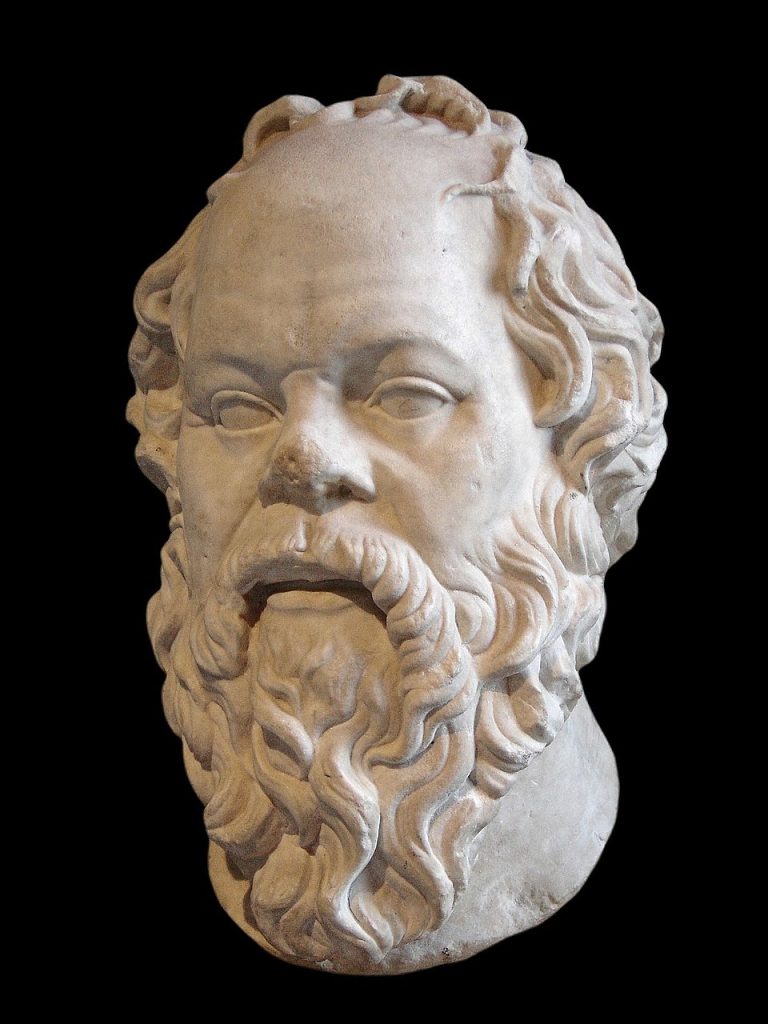
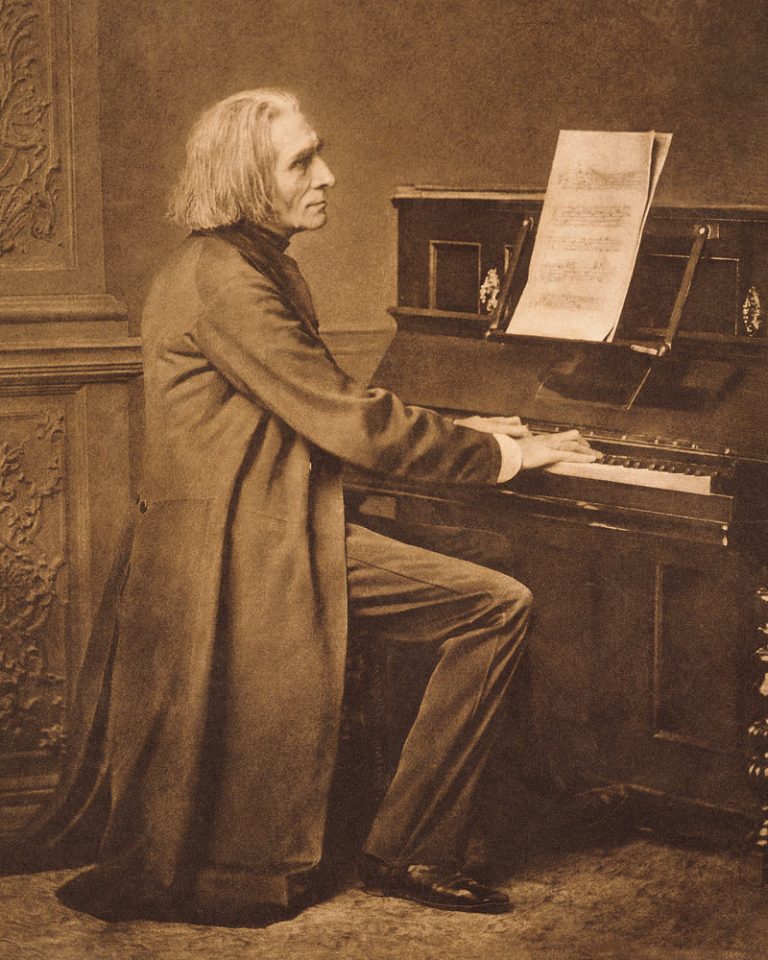
Via Crucis
I remember standing in the much-regretted Cambridge Music Shop in All Saints Passage well over thirty years ago listening to a magnificent recording of Stephen Hough playing Liszt’s Bénédiction de Dieu dans la solitude. Transported, I bought the disc. Liszt’s sacred, contemplative piano works have accompanied me for decades, then; but I’d never heard his Via Crucis until I came across Leif Ove Andsnes’s newly released album. The pared-down, serene essentiality of this music is astounding. Often enough it does not sound like Liszt at all – yet it is, an expression of the later stage of the composer’s life: he was 68, and a cleric in minor orders, when the work was completed. Liszt’s Via Crucis was first performed in Budapest on Good Friday in 1929. I put it on today after celebrating the solemn Commemoration of the Passion. I listened with reverence, consoled.
Martin Pollack
A note in the FAZ this week made me conscious of the legacy of the Austrian historian and Polonist Martin Pollack. I was struck by the way he predicted, a decade ago, much of today’s European political reality, an outcome almost bound to follow, he maintained, if we stayed hellbent on making decisions based on an ‘unhappy mixture of arrogance and ignorance’. I read Christoph Ransmayr’s noble obituary of Pollack from January this year. Then two long drives gave me time to listen to some of Pollack’s lectures and public conversations: a fascinating one on the ‘Myth of Galicia‘; another on living with ‘The Long Shadow of a Sinister Past‘; a lively interview with Markus Müller-Schinwald; and a podium discussion with Timothy Snyder on the ‘East-Europeanisation of politics‘ (the last two items are in German). Though my acquaintance is recent, this exposure to Pollacks’ learned, humane perspective makes me appreciate what Paul Ingendaay meant when he wrote: ‘We’d have a pressing need for courage like his here and now.’
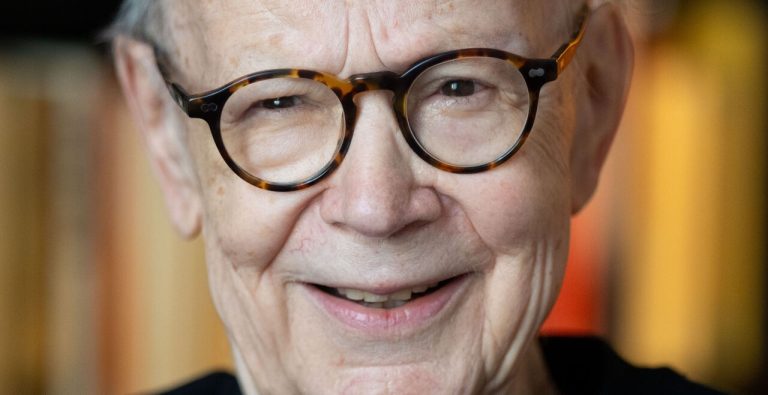

Light Tills the Ground
El Greco’s View of Toledo has occupied me for quite a while, but I had seen it only in reproductions and on the internet. When last week I found myself, amazed, in the Met’s Fifth Avenue gallery before the actual canvas, I was stirred by the sheer power of it. Rilke saw the painting in Paris in 1908, and wrote to Rodin, whose secretary he was, describing how ‘splintered light tills the ground, turning it over, tearing into it and bringing up here and there pale green meadows behind the trees standing like insomniacs.’ It is wonderful that a work of art can, in this way, enable a community of response, enabling a peal of thunder that resounded over a Spanish countryside well over 400 years ago to give us goosebumps still.
Nugax
At Lauds today, the Church gives us this prayer among the intercessions: ‘Libera nos a malo nosque a fascinatione nugacitatis, quae bona obscurat, defende’. The English breviary translates, ‘Set us free from all evil; show us in the confusion of our lives the things that really matter’. That is woefully inadequate. The phrase ‘fascinatio nugacitatis’ occurs in the Vulgate translation of Wisdom 4.12 and has deeply marked Christian consciousness. In Latin, ‘nugax’ refers to something (or someone) that is trifling or frivolous. Lewis and Short render ‘nugacitas’ as ‘drollery’. The nugacious tendency draws us away from earnestness, from engagement. It distracts us, persuades us that nothing really matters much. It seduces us with entertainment and prospects of immediate satisfaction. It seems innocent but in reality, as the prayer says, it ‘obscures the good’. It subverts the very categories of good and evil. It is ultimately joyless. ‘Nugacitas’ sums up contemporary pop culture in a nutshell. It is beneficially countercultural to pray to be ‘defended’ from it. We are called to be mindful of essential boundaries. A fragment by Pascal reads: ‘Fascinatio nugacitatis. That passion may not harm us, let us act as if we had only eight days to live.’
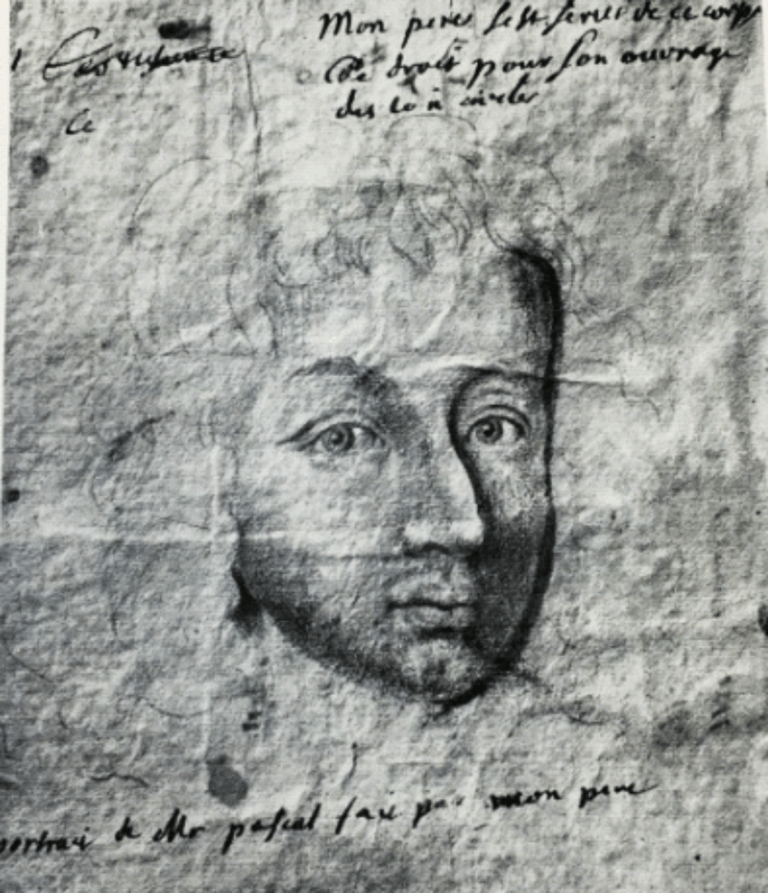
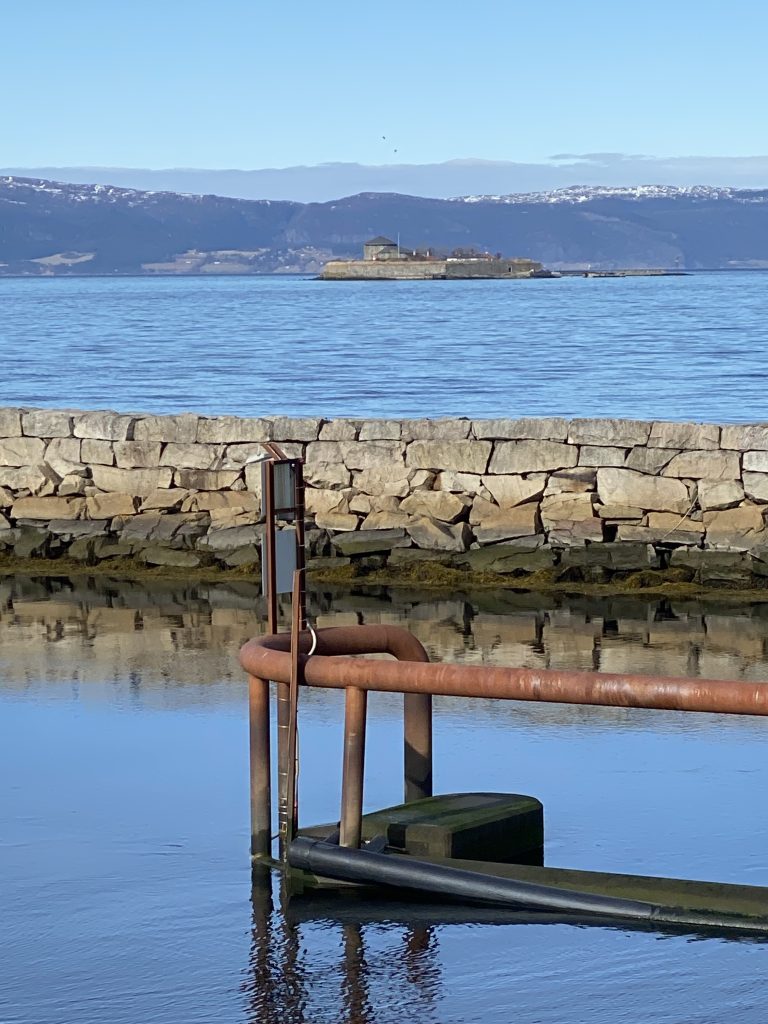
Freedom & Constraint
Offering Mass this morning, I was struck by the offertory prayer: ‘Be pleased, O Lord, we pray, with these oblations you receive from our hands, and, even when our wills are defiant, constrain them mercifully to turn to you.’ We recoil at the notion of anything, even divine agency, constraining our will; yet at the same time we ascertain that our spontaneous will does not necessarily serve our thriving. It can even happen that our will is divided against itself: ‘For I do not do the good I want, but the evil I do not want is what I do’ (Romans 7.19). To ask God, the supremely Beloved, freely to constrain my will is to step outside the constraints of subjective unfreedom manifest in dictates of unfree, perhaps disordered preference, thereby to learn to love.
Order
In an article in The New Statesman this week Bruno Maçães reflects on the tendency in global politics to break structures down for destruction’s sake or, at most, to engender a tabula rasa for an imagined brave new world. What has happened to the principle of order in public discourse? ‘The idea of order’, he writes, ‘is a valuable one because it expands the mind. It forces us to step outside our own perspective, to look for balance and impartiality in a broader horizon where others have their place too.’ The trouble is that now ‘there seems to be no order worth preserving’. The assumption is widespread. It accounts for much anxiety, much anger. Even the most casual grasp of history shows that such an assumption cannot sustain society. It fragments, disorders. Catholic theology has the valuable concept of tranquillitas ordinis enunciating an aspiration to concord, the communion of intelligent hearts. It’s time to blow the dust off it, not just to propound it but to demonstrate it in micro-societies. Deafened as we are by inflated rhetoric, stunned by virtual fantasy, the real renewal of the polis will, based on sound concepts, be experiential.
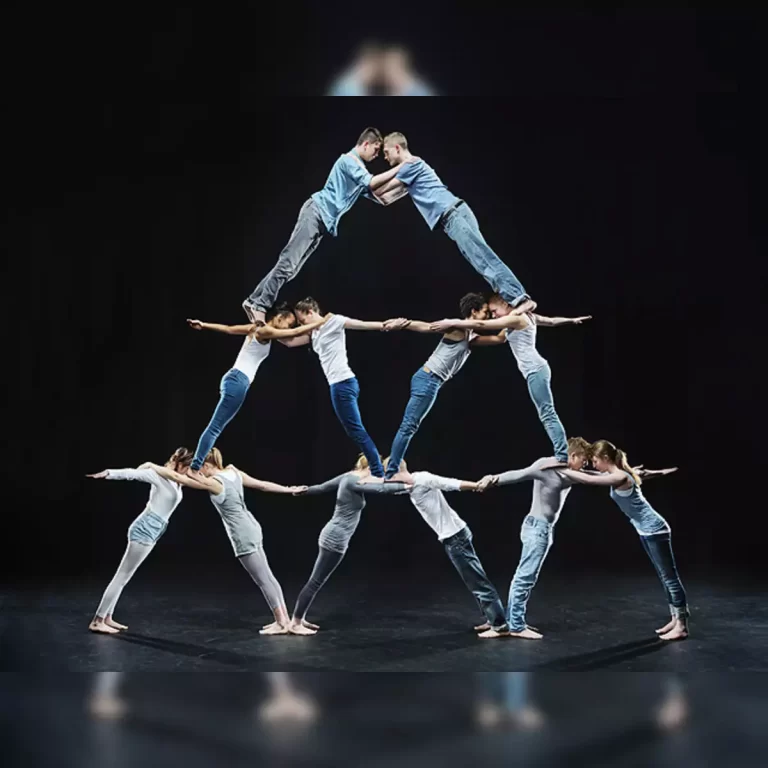
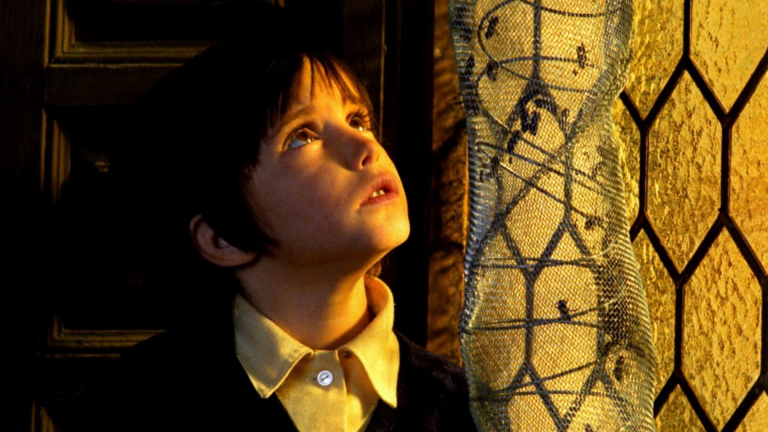
Spirit of the Beehive
Victor Erice’s film The Spirit of the Beehive is older than I. Learned disquisitions have been written about it, essays situating it in a cultural, political context marked by the Spanish Civil War. Rarely have I been so haunted by a movie. Rarely have I seen one so carefully constructed with an attention at once analytical and poetic. Destinies and relationships play out within a collective, implicit wound. It cannot be spoken. The couple under whose roof the drama is enacted never exchange a word, simply call each other’s names as if blindly seeking each other in thick fog. The performance of the two young sisters is remarkable. There is a disturbing scene with a cat suggesting that a legacy of violence, though silenced, breeds violence even in the innocent. The bees moving up and down in a closed environment with not a fragment of pollen to be found know not the futility to which they are condemned. This is a film to make one wise, or at least a little wiser.
Bruckner
There’s a sequence in the recording of Celibidache’s rehearsal for his 1992 performance of Bruckner’s Seventh with the Berlin Philharmonic in which the maestro three times shouts, ‘Viola!’ as if his life, no, as if the structure of the universe depended on it. Bruckner’s music does call for careful balance. This very equilibrium, and Bruckner’s habit of working in repeated patterns, can make it difficult to listen to recordings – at least that is what I find. But to hear Bruckner live! One is transported into a beneficent universe, conscious of a richness of sound as elaborate, often as daring, as Wagner’s or Mahler’s, yet ordered and put to a high purpose. Stepping back onto the pavement this evening after hearing a compelling account of Bruckner’s Third I was filled with peaceful happiness. I felt as if I were somehow emerging from a liturgical act, moved to give thanks.
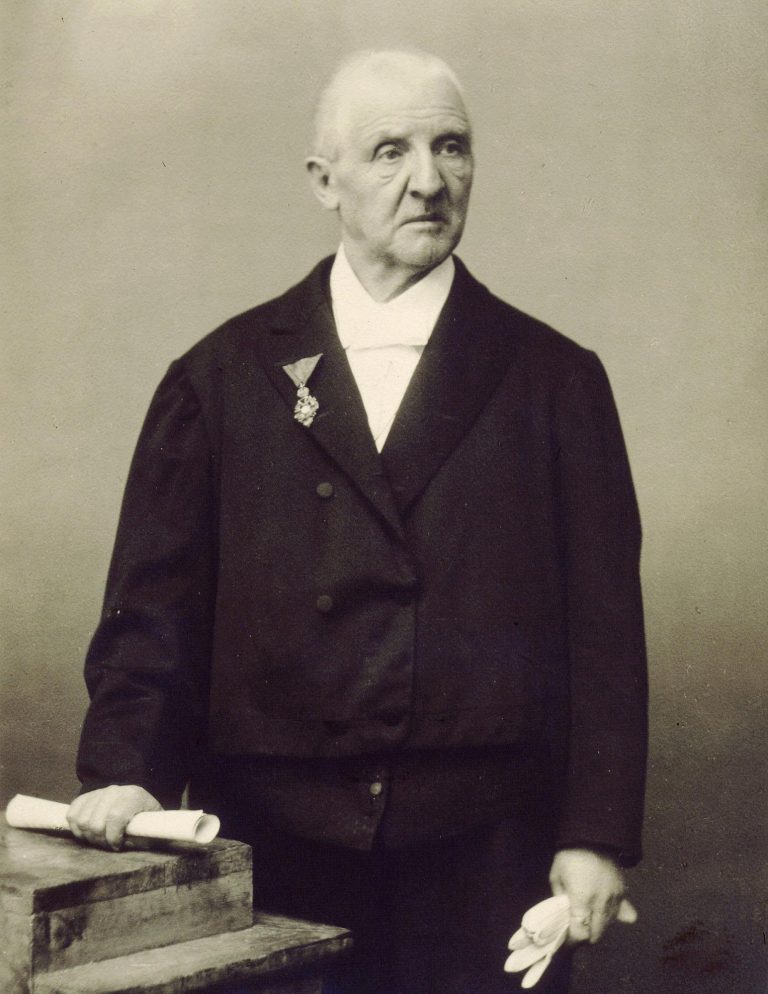
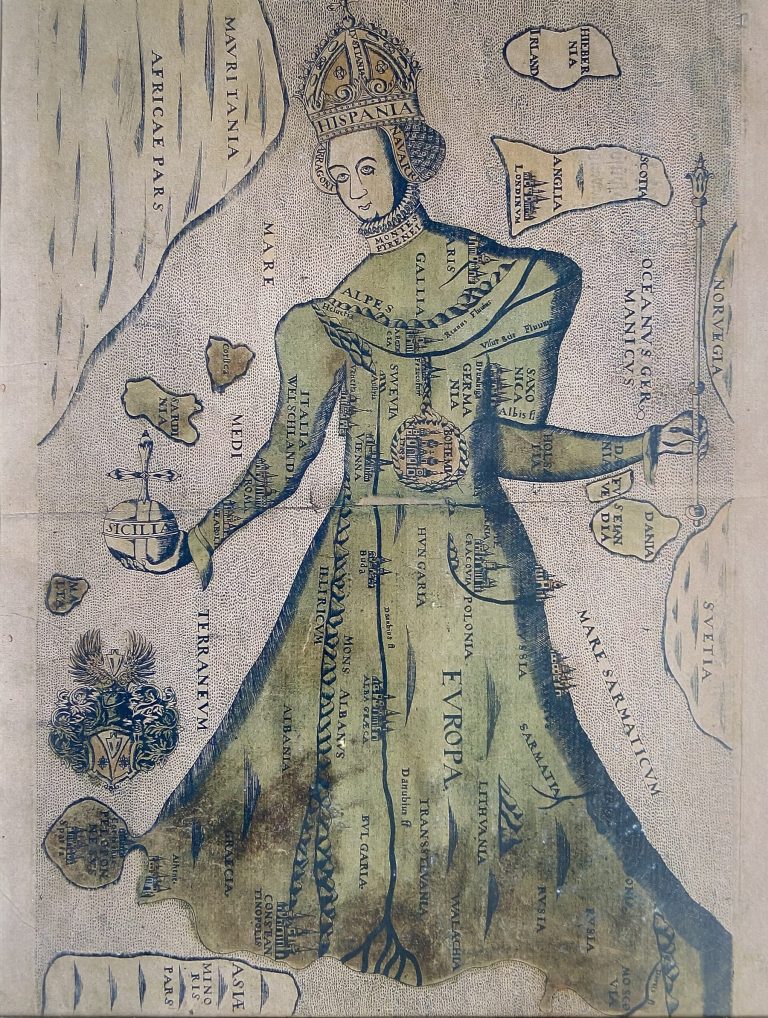
Europa
Some years ago, visiting the library of the Strahov Monastery in Prague, I saw this image and photographed it. I noted neither its provenance nor date, but think of it often enough. Many of us would have cause to quarrel with details of physiognomy and with the relative provenance of certain named limbs: for one thing, Scandinavia, like Britain and Ireland, is literally disembodied.
Be that as it may. What matters is the fact that one could once imaginatively figure Europe as one body defined by subtle and elegant interdependencies. Time and again our continent has torn itself to pieces, indulging in fratricidal wars. Yet the dream of wholeness remains, sufficiently strong to be realised at privileged times.
Will ours be one such?
Wintry Hope
This morning after Mass at the Carmel in Tromsø, the nuns gave me these three Christmas roses picked from underneath the snow in their enclosure garden. These hardy, stubborn, really quite subversive flowers represent in miniature the astonishing capacity nature has to rejuvenate itself, carrying even in hibernation and apparent death the seed of new life that no climatic harshness, no human folly can obliterate. At a time when the world as such seems wintry, this parable nurtures hope and new serenity. In the splendid imagination of Selma Lagerlöf, the Christmas rose is a sign that heavenly graciousness and earthly joy can bud where the naked eye sees only soil drenched in iniquity. May it be so.
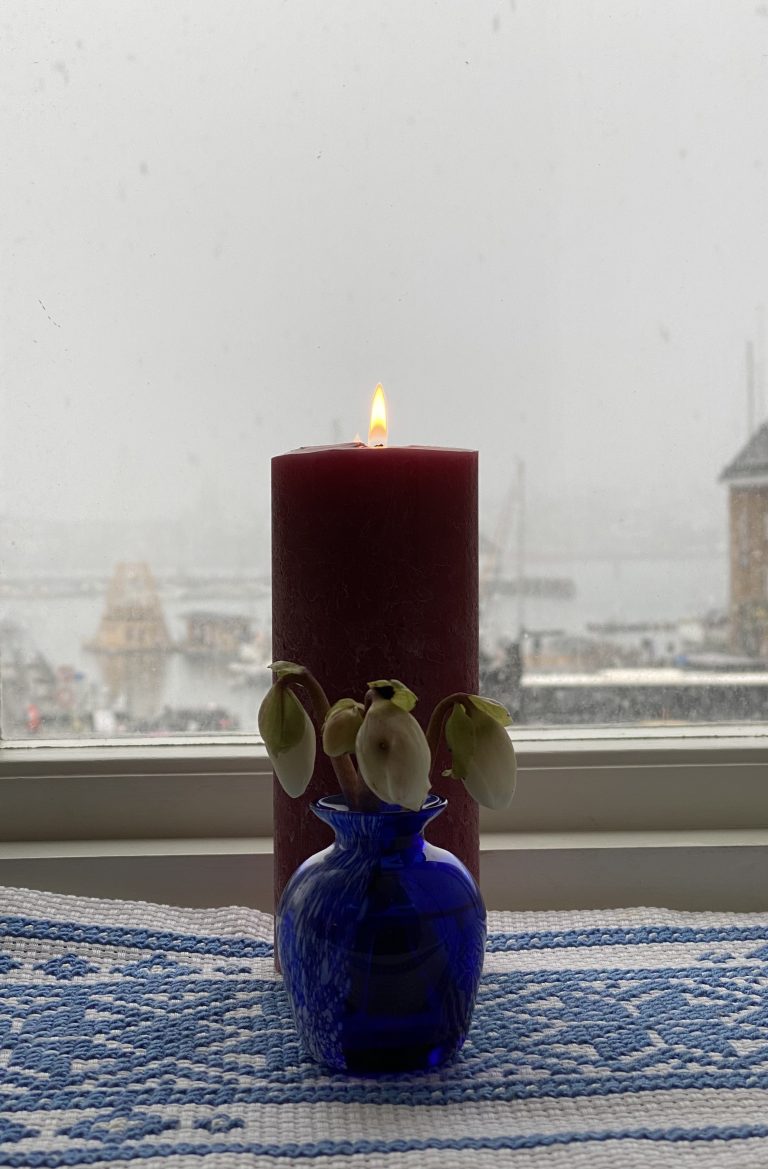
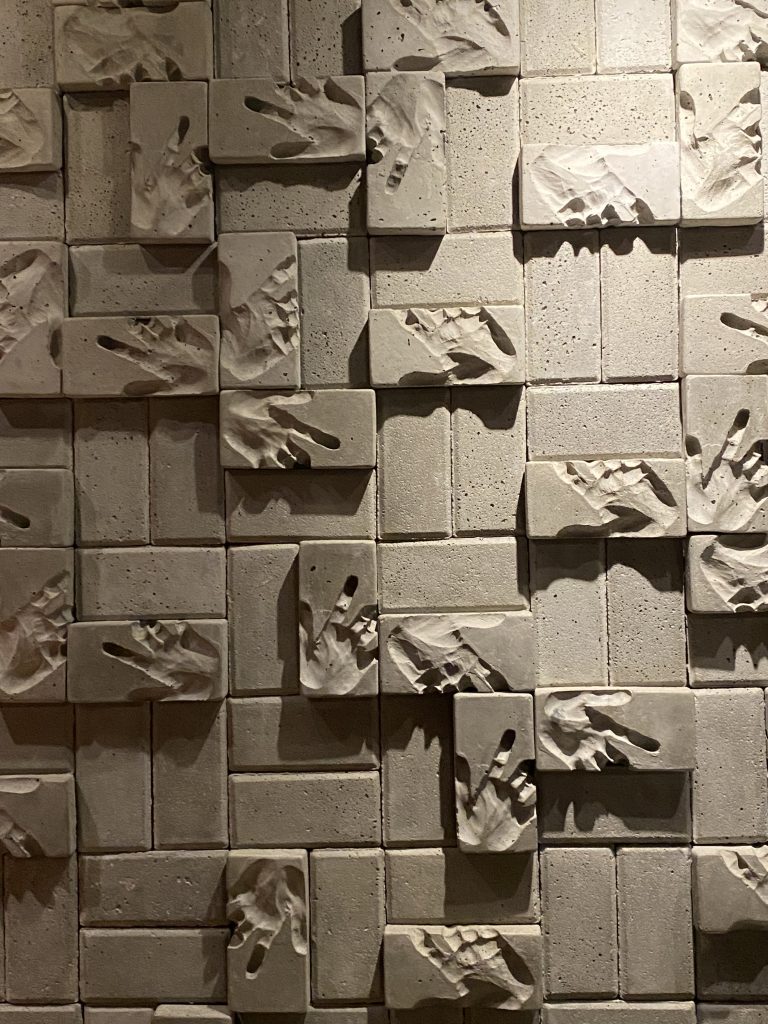
A Topical Letter
On 27 November George Weigel published an open letter to JD Vance. It is worth re-reading now. Weigel, ‘speaking as one Catholic and one patriot to another’ wrote: ‘If our country is to experience a new birth of freedom rightly understood, it will be in part because our leaders remind us of what Lincoln called the “better angels of our nature,” rather than salting the wounds of our animosities.’ He then said: ‘It is unworthy of a serious American public official to say that he or she really doesn’t care what happens to Ukraine. Why? Because crass indifference to injustice and suffering is ignoble. And because what happens in Ukraine is directly related to our national security and to world peace.’
You can find the complete text here.
Boléro
A careful reader of Chastity, noting in particular the section suggesting that ‘perhaps no form of concrete human enterprise grants a premonition of the body’s possible ascent towards transcendent beauty more clearly than dance’, recently sent me a ‘footnote’ remarking on ‘Torvill and Dean dancing on ice to Ravel’s Bolero at the 1984 ice-skating world championships, when they gained perfect marks from all the judges, an unheard-of achievement. Art, through discipline and music, sets the body free and lifts those present to heaven, don’t you think?’ I do, but didn’t know this performance, so sought it on the Olympic Channel. It is jaw-dropping and wonderful. Watch it here.
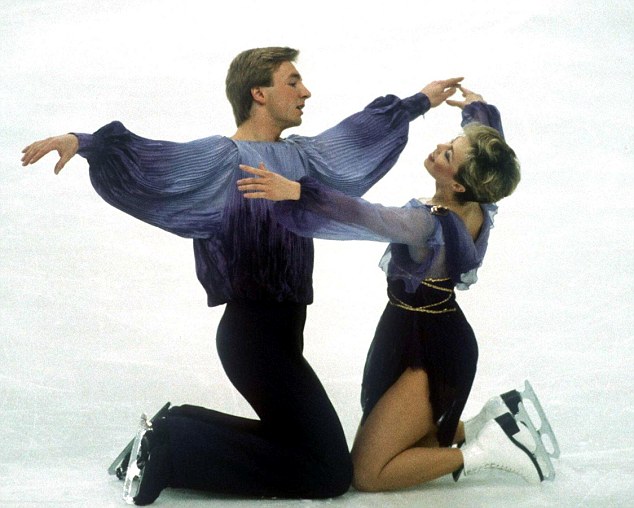
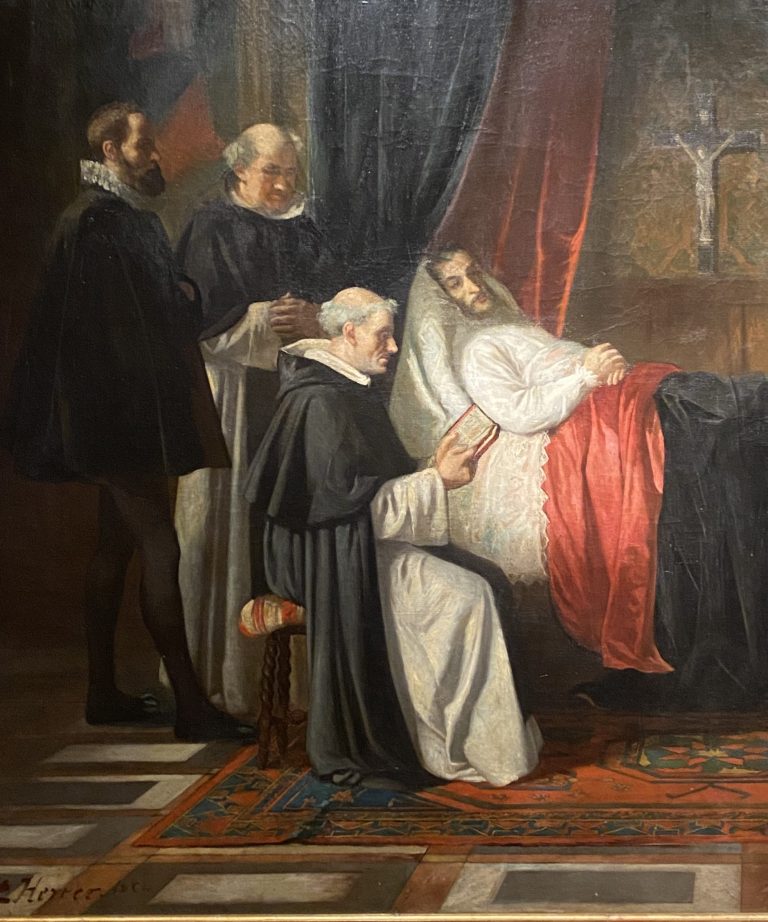
Charles V
The resignation of Charles V, Holy Roman Emperor, in 1556 is the stuff of myths. He, one of the modern world’s most powerful rulers, withdrew to the monastery of Yuste in Extramadura, where he hunted and fished and rode his horse practically into his apartment, yet lived a retired, penitent, prayerful life, with a view onto the Hieronymite monks’ high altar from his bedroom. The mere idea that absolute power might in fact be relative, subject to a higher good and a higher aspiration, challenges us – and is a salutary subject for reflection in the world right now. August von Platen-Hallermünde wrote in a poem dramatising Charles’s retirement: ‘The head that stoops unto the scissors now/Under the weight of many crowns did bow.’ The tonsuring may be a legend. The image remains pertinently real, immortal. The German text is here.
Countering Blandness
‘It’s rare for me to hold a fashionable position’, writes Tracey Rowland disarmingly, only to remark that she is delighted to be in the company of (other) various high-profile people ‘who all recommend making Christianity “weird” again’. At stake is the collectively dawning realisation that the cause of faith is not served – has it ever really been? – by a pastoral strategy set to correlate it to the culture of modernity. It is time to insist, again, on the difference Catholic Christianity makes hermeneutically, ontologically, ethically, aesthetically. Rowland concludes: ‘The penetration of the natural by the supernatural is not banal, is not boring, is not a matter of bourgeois conformism. For the Catholic it’s beatific and for the unbeliever fascinatingly weird and different—and it’s what we need now as an alternative to a bland materialist cosmology.’ It is worth reading the whole piece, which you can find here.
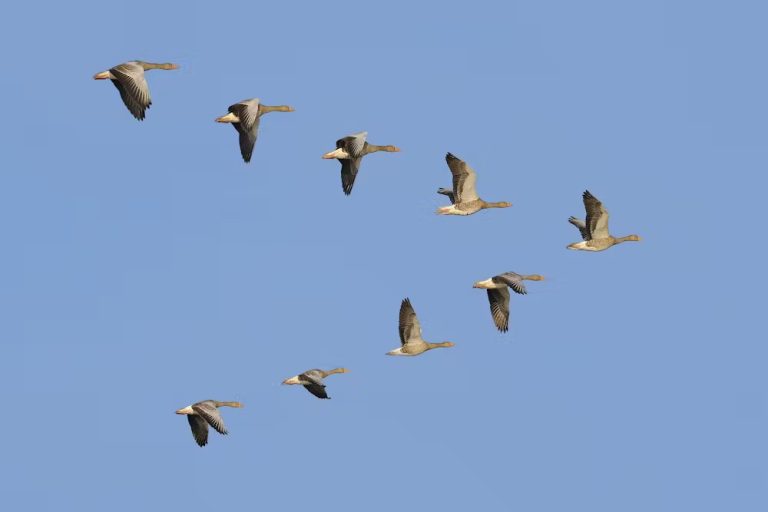
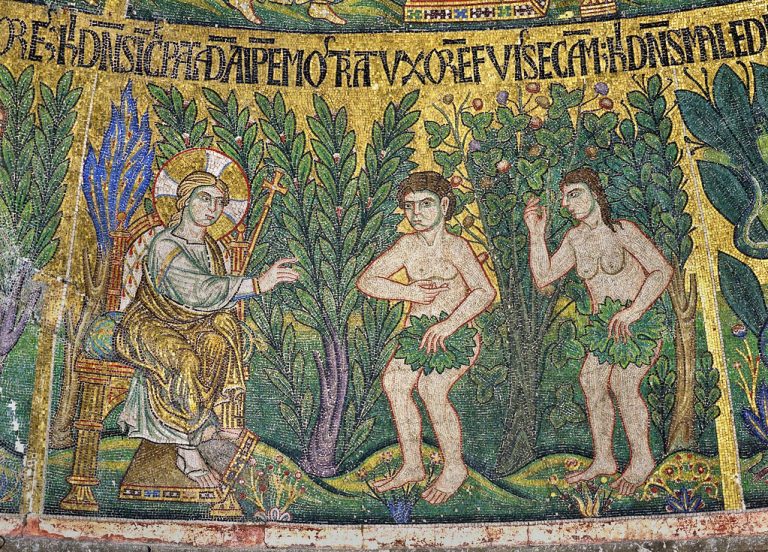
Where Are You?
The lectionary for today gives us the reading from Genesis 3 about God confronting man after the Fall. Having disobeyed God’s command, Adam hides among the trees, covering himself with stuff. Created to look towards God and to be sustained by that gaze, he cannot any more bear to be seen. His hiding is a spontaneous response, not the result of divine condemnation. An ancient Midrash explains that God’s question, ‘Where are you?’, was asked out of consideration for Adam, to afford him time to recover his self-possession. God, the omniscient, needed no information about Adam’s whereabouts. We can draw a lesson from this. The question, ‘Where are you?’, is, according to the nineteenth-century exegete August Dillmann, ‘the call that, after every sin, resounds in the ears of every man who seeks to deceive himself and others concerning his sin.’ Am I still sensitive to that question, to the extent of my estrangement from God, from myself?
Alphabetisation
The blood brothers Cyril and Methodius are examples of missionary zeal. They left their homeland to witness abroad to the newness of life in Christ. They displayed the Christian virtues to a heroic degree. They also served the cause of culture. We still call the alphabet used by the Eastern Slavs ‘Cyrillic’ after St Cyril, a brilliant linguist. You might say that the cultural impact was incidental. Cyril’s concern was to find a way to codify liturgical texts and to write up a translation of Scripture. But these sources became the foundation of culture. In the West today we lack a common language. Our society is atomised. We struggle to talk with one another, so violence erupts. Let us not underestimate the task of alphabetisation which pertains to us, as Christians, today. We have the only adequate tool. Christ, the Word of God, in whose image we were made, is not only Alpha and Omega, but all the letters in between. In him we find what it takes to make sense of ourselves and of the lives we live.
